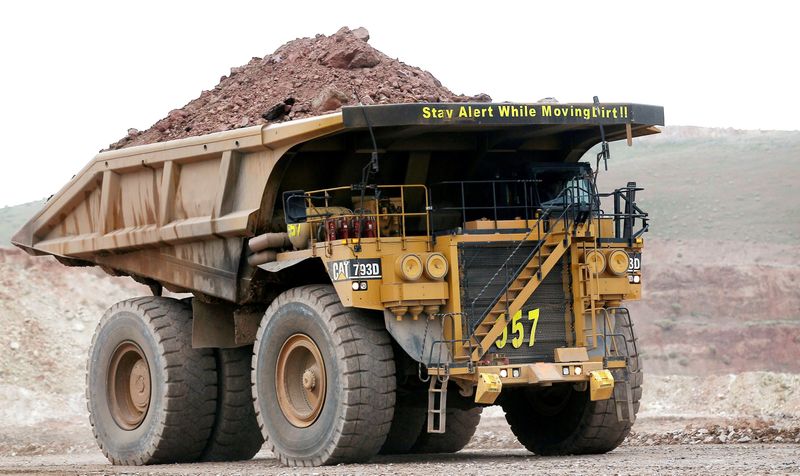By Ernest Scheyder
(Reuters) -The U.S. Interior Department on Tuesday removed one of the last remaining obstacles to Lithium Americas (NYSE:LAC) Corp's Thacker Pass mine project in Nevada by finding nearly all of the site contains the metal used to make electric-vehicle batteries.
The opinion from the department's solicitor comes amid an acrimonious debate about whether more U.S. mines should be built to produce lithium and other green energy transition metals.
A federal judge in February rejected claims that the Thacker Pass project would cause unnecessary harm to the environment, but ordered officials to study whether roughly 1,300 acres (530 hectares) at the site where Lithium Americas hopes to store waste rock - a byproduct of the mining process - contained the metal. The ruling is being appealed, although the court has allowed construction to begin.
The judge's order was linked to an unrelated appeals court ruling that found mining companies do not necessarily have the right under U.S. law to store waste rock on federal land that does not contain valuable minerals.
Of the dozens of mining claims at the Thacker Pass site held by the company, the government found fewer than 10 did not contain lithium mineralization, an Interior Department official told Reuters.
"They're going to be able to start construction and production without these claims being in the plan of operation," the official said of Lithium Americas.
The Vancouver, Canada-based company, which is developing the project with General Motors Co (NYSE:GM), can apply for a right-of-way to use those other claims for non-mining purposes, the official said.
"We're committed to doing this job right and meeting or exceeding state and federal regulations as we advance construction," said Jon Evans, the CEO of Lithium Americas.
John Hadder of Great Basin Resource Watch, a conservation group that has appealed the court's ruling, said it believes federal law allows Lithium Americas access to the land only if lithium is consistently found in quantities that are economical to extract.
"It stands to reason that the mining company would not place millions of tonnes of waste material on an area where they see valuable mineral deposits," said Hadder.

The opinion comes as the Biden administration has taken steps to block other mines, although the official said those should not be taken as a sign of opposition to all extractive projects.
"We're in favor of increasing domestic mineral production when it's being done in the right location and in the right way," the official said.